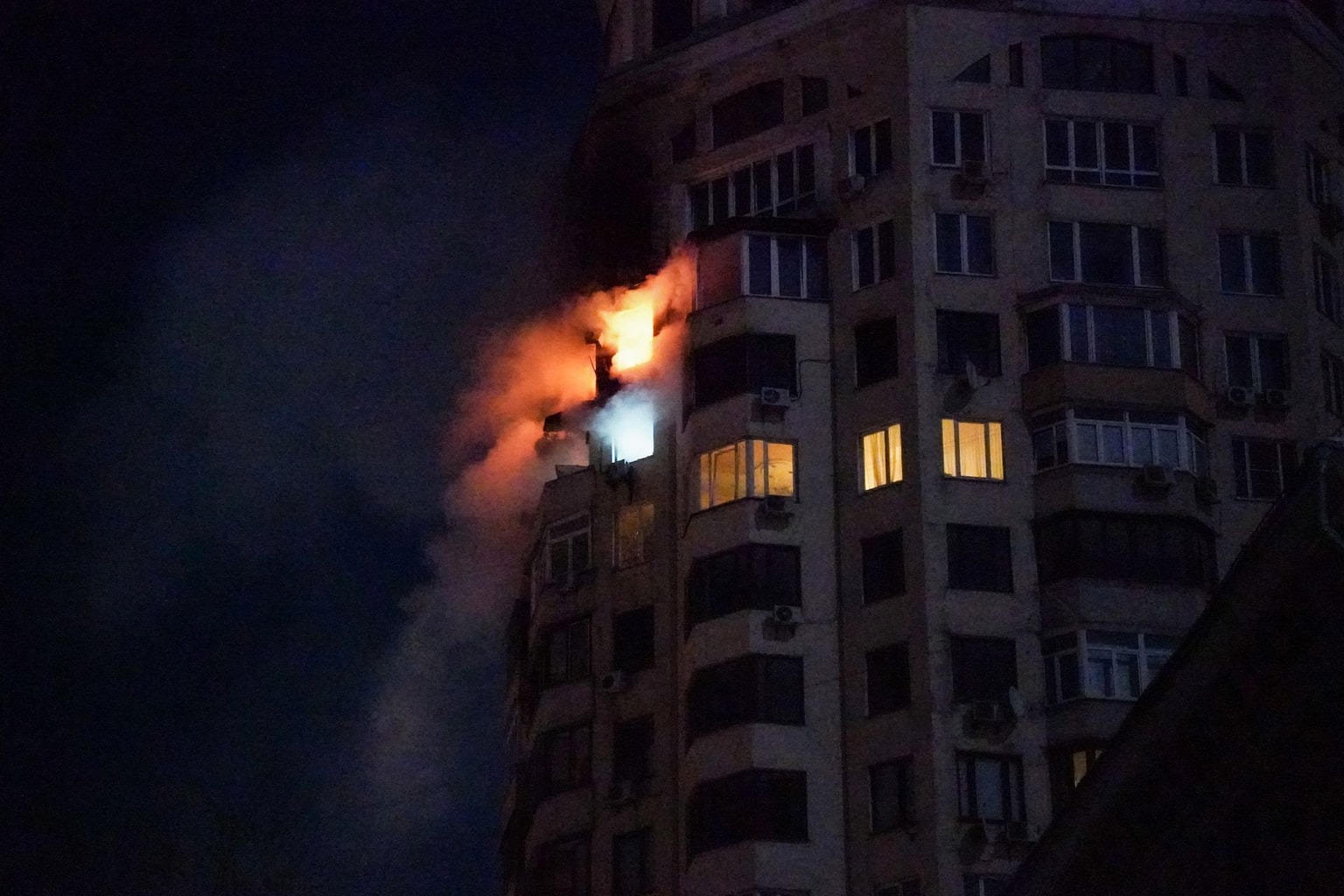Journalist: EU imposes sanctions on Kremlin's mercenary Wagner Group that fought in Donbas

The ambassadors of European Union countries on Dec. 8 adopted sanctions against the Wagner Group, a Kremlin-backed military contractor, Rikard Jozwiak, an editor at Radio Free Europe/Radio Liberty, wrote on Twitter.
The sanctions apply to individuals who have fought in Ukraine, Syria, and Libya.
Wagner mercenaries have been used as proxies for the Kremlin in Ukraine’s Donbas, for Syrian President Bashar al-Assad, and Libyan strongman Khalifa Haftar. They have also been deployed in other African countries and in Venezuela.
Jozwiak wrote earlier that the sanctions would also apply to a Wagner Group executive involved in the Central African Republic.
In 2018, three Russian journalists who investigated Wagner Group’s activities in the Central African Republic were killed. A Central African Republic official had allegedly conducted surveillance of the journalists, according to an investigation by exiled Russian oligarch Mikhail Khodorkovsky’s Dossier project. The official had been in constant contact with employees of a firm controlled by Yevgeny Prigoshin, who reportedly finances Wagner Group, according to Dossier.
Wagner Group has become a major newsmaker in recent months in Ukraine as part of the so-called Wagnergate scandal.
In 2020, Ukrainian military intelligence planned to intercept 33 Kremlin-backed Wagner mercenaries en route from Minsk to Istanbul. They intended to make the mercenaries testify about their alleged war crimes in Ukraine.
President Volodymyr Zelensky's chief of staff Andriy Yermak delayed the sting operation, according to a Nov. 17 investigation by the Bellingcat investigative project. Soon after that, Belarus arrested all the Wagner Group members, scuppering the operation. Yermak denied the accusations.
The presidential administration has been changing its narrative about the Wagner operation. First, they said Ukraine’s intelligence had never prepared such an operation. In November, Zelensky said he knew about the operation but disapproved of it.










